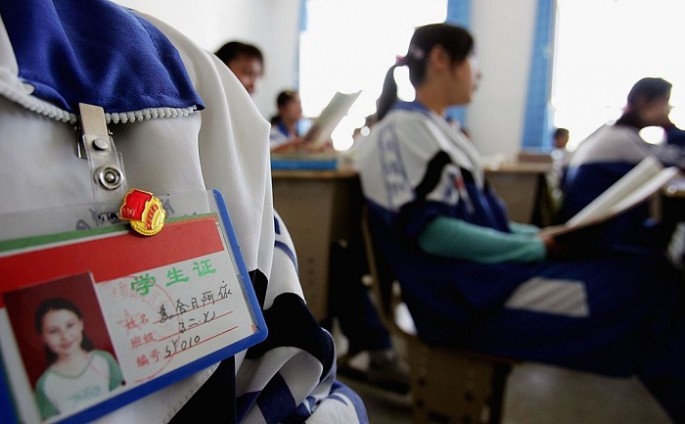Through government-sponsored education programs, over 300 Chinese universities are eyeing to increase the number of students from China's Xinjiang Uyghur Autonomous Region they will accept, the Xinhua News Agency reported.
On Saturday, representatives from a total of 323 higher-learning institutions inked an agreement during an education gathering organized by the State Ethnic Affairs Commission and the Ministry of Education in Urumqi, the capital of the autonomous region.
Under the plan, the annual enrolment of Xinjiang scholars between 2016 and 2020 will be increased to 10,000, a large increment from the 6,800 students a year before.
According to Zhu Zhiwen, vice minister of education, the program aims to foster and boost the education level of ethnic talent from the region.
Additionally, Chen Gaihu, the ethnic affairs commission's vice director, shared that the agreement will also help protect the education rights of Xinjiang's minority groups.
The authorities have cited that the region still lacks higher education resources despite the local government meeting the number of primary and secondary schools needed in the area, the report added.
In December last year, the first higher-learning institute directly under the Ministry of Education was established in the area. The Xinjiang campus of the China University of Petroleum is located in Karamay, a popular oil town in the region.
Back in 1989, the central government has already unveiled an "education coordination program" to ensure access to education for the residents of Xinjiang. The scheme was rolled out by encouraging universities across China to reserve slots for scholars from Xinjiang.
Since the program's launching, a total of 323 academic institutions have joined. These universities have helped train over 60,000 Xinjiang students, the article noted.
Most of the graduates have occupied significant positions in the region's major economic, political and agricultural sectors.



























